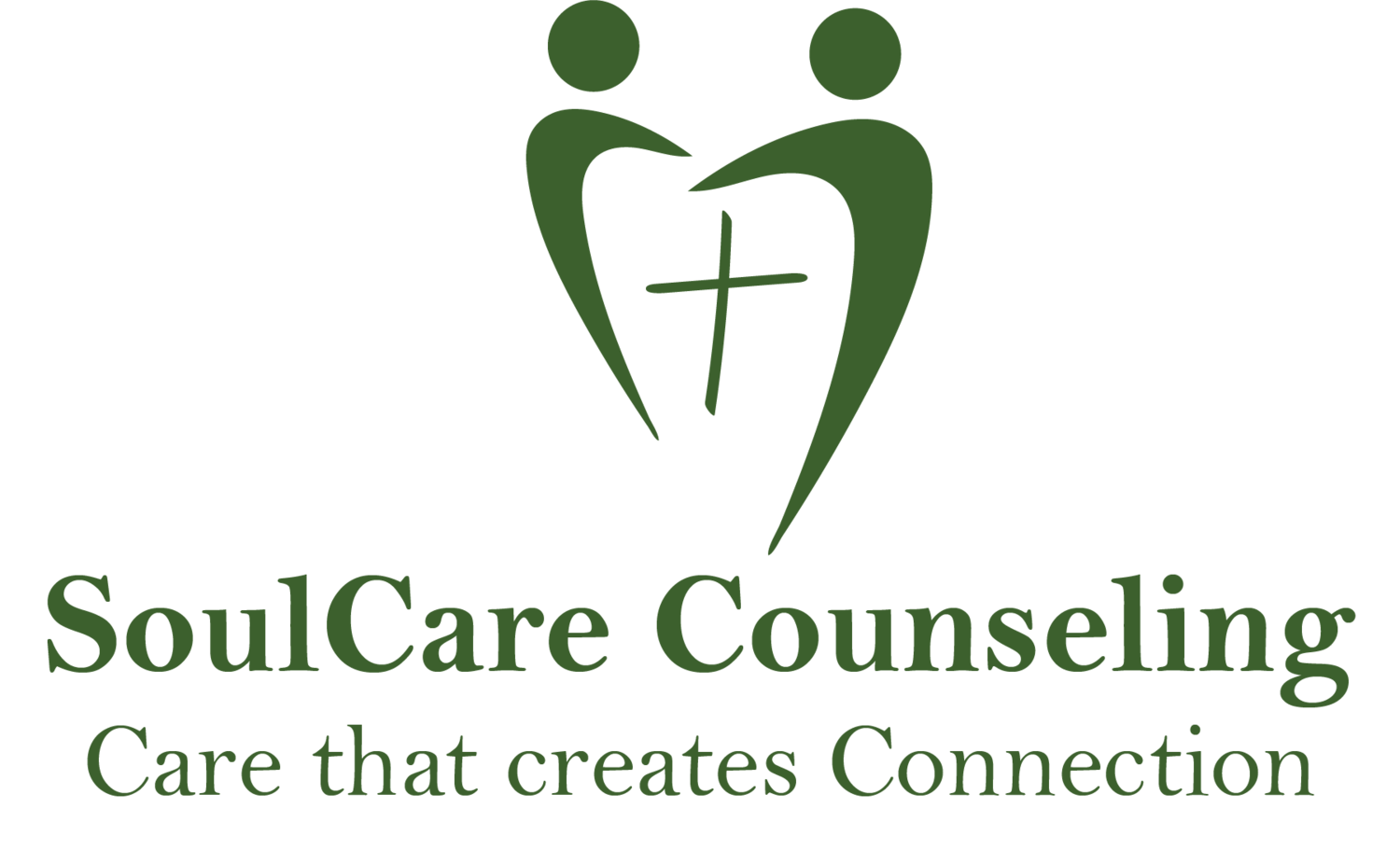Are You Stuck In Chronic Stress?
You’re probably reading this blog because you or someone you love is under stress and that word “chronic” caught your eye. You’re dealing with more than normal stress, but constant stress. You’re not alone. According to the American Institute of Stress, about 33 percent of people report feeling extreme stress, 77 percent experience stress that affects their physical health, and 73 percent have stress that impacts their mental health. Sadly, for about half of all Americans, levels of stress are getting worse, not better. What is chronic stress and how can it be treated?
What Is Chronic Stress?
Chronic stress is more than ordinary stress. Stress is a normal response of the body to critical situations that helps us solve those challenges. With normal stress, a stressful situation arises, we rise to the challenge, the stressful situation is solved, and the stress goes away. For example, your alarm doesn’t go off and you are late, the baby is colicky, the hard drive crashed with your report. Those are stressors. Our response is to prioritize the situation and focus on it until it is resolved. When the stressful situation is resolved, the stress in our body goes away and we return to normal.
But when we are under constant stress from situations that don’t resolve, the stress in our body keeps us focused and on alert constantly. It is similar to PTSD where a past trauma keeps a person on constant high alert.
The causes of chronic stress include things like financial problems, a dysfunction home life, a taxing job, or an ongoing illness. Anything that is stressful and doesn’t stop causes chronic stress that over time drains your emotional and mental resources, which causes a host of psychological and physical problems.
What Are Some Symptoms Of Chronic Stress?
It is unlikely that any one person would have all of the symptoms, but if you have three to five of them for more than a couple of months, you could be suffering from chronic stress.
Symptoms of chronic stress include:
Chronic fatigue
Emotional exhaustion
Trouble sleeping
Aches and pains (headaches, muscle tension, digestive problems such as irritable bowels)
Feelings of helplessness/loss of control
Cloudy thinking/difficulty concentrating
Nervousness/Anxiety
Emotional withdrawal
Increased alcohol or drug use
Change in emotional responses to others
Change in social behavior
Change in appetite
Feeling of being “stuck”
What Are The Effects Of Chronic Stress?
Chronic stress is not something that you should take lightly. It has serious effects on your mental health and your physical health. Some of the conditions caused by chronic stress include:
Cardiovascular disease.
Chronic stress is a contributing factor in cardiovascular disease such as heart failure, cardiomyopathy, coronary artery disease, aorta disease, and arrhythmia.
Cancer.
Studies show that chronic stress can promote cancer development.
Changes in the brain.
Chronic stress can reduce the size of the hippocampus, which impacts attention, memory, and emotional processing.
Digestive problems.
Chronic stress can cause colitis or make inflammatory bowel disease (such as irritable bowel syndrome or clostridium difficile) worse. This is due to the fact that chronic stress disturbs the microbes in the gut.
Insomnia.
A common symptom of chronic stress is difficulty falling or staying asleep. If not treated, it can lead to insomnia.
Depression and anxiety disorders.
How Is Chronic Stress Treated?
The simple answer is, get rid of the source of your stress. But that’s not always possible. In that case, there are ways to manage and cope with chronic stress that can help reduce its effects.
If your stress is less severe, you can reduce chronic stress with stress management techniques:
Exercise
Healthy eating
More sleep
Relaxation techniques
Focused breathing
Prayer and meditation
Time management
Leisure activities/hobby
Focused breathing is a particularly effective technique which regulates the heart rate improving oxygenation of the blood, releases tension, and also resets the sympathetic and parasympathetic nervous system to calm the body down. Set a timer for 10-15 minutes. Sit in a chair with your back straight. Close your eyes or focus on a point in the room. Focus your attention on the sensation of the seat supporting you, the temperature of the room, any sounds around you. Then bring your attention to the sensation of your breath as you breath in through your nose for ten seconds until your chest is full and your belly expands. You may have to work on being able to breath in for a full ten seconds. Focus on the sensation of the air coming in your nostrils. Then breath out for ten seconds through your nose, again focusing on the sensation of the air coming out of your nostrils. Think about the rising and falling of your chest or belly. If you have a head cold, you can breathe through your mouth instead of your nose. When the timer sounds, wiggle your fingers and toes, then gently open your eyes. You should feel refreshed and renewed.
If your stress is more severe, in addition to these techniques, you should see a professional therapist like those at SoulCare Counseling who can use Emotionally Focused Therapy and/or EMDR (Eye Movement Desensitization Reprogramming) to help you relieve stress. Additionally, your medical doctor may prescribe medications to treat or manage your symptoms.
If you are struggling with chronic stress, I urge you to read more about anxiety treatment, and reach out to us at SoulCare Counseling to schedule a free thirty-minute consultation to get you started on the road to relief.
Dr. Bernis Riley is co-founder and Clinical Director of SoulCare Counseling. She is a a Licensed Professional Counselor Supervisor and a Certified EFT Therapist with a Doctorate in Psychology. She is also trained in EMDR (Eye Movement Desensitization and Reprocessing).




